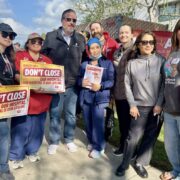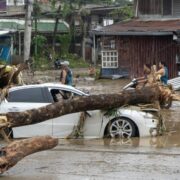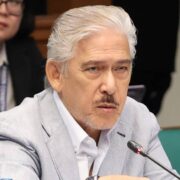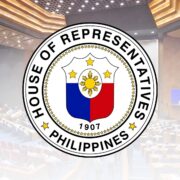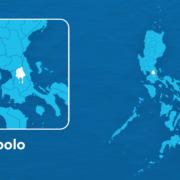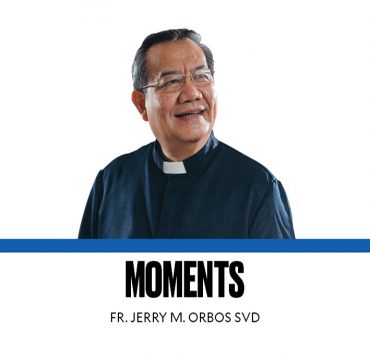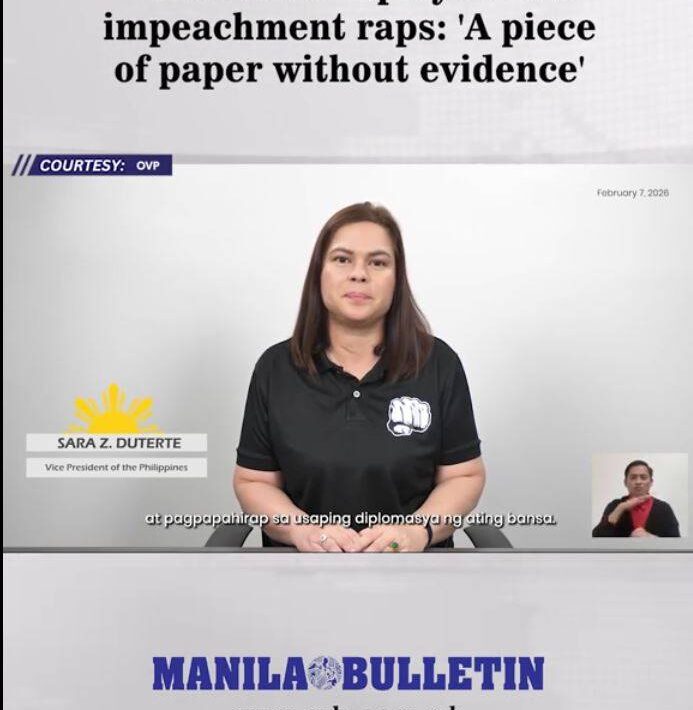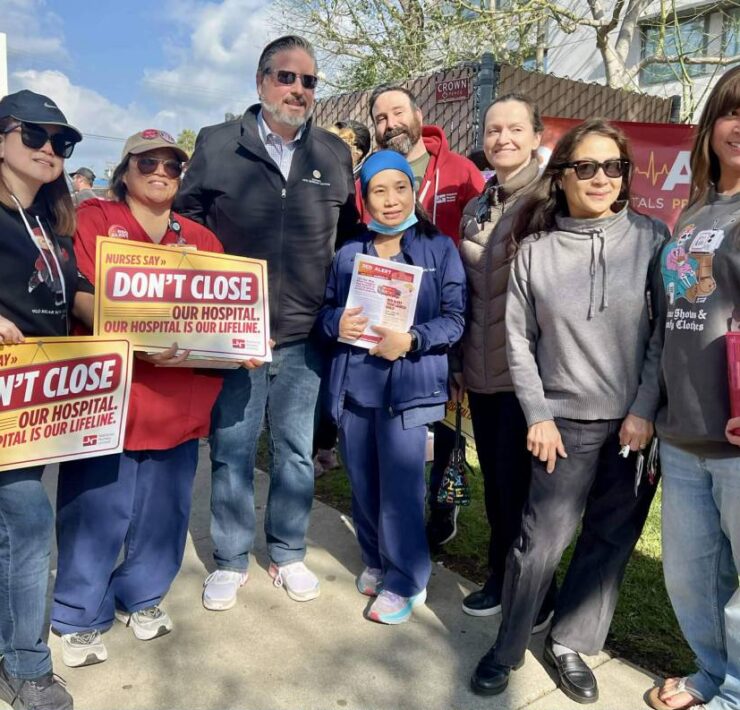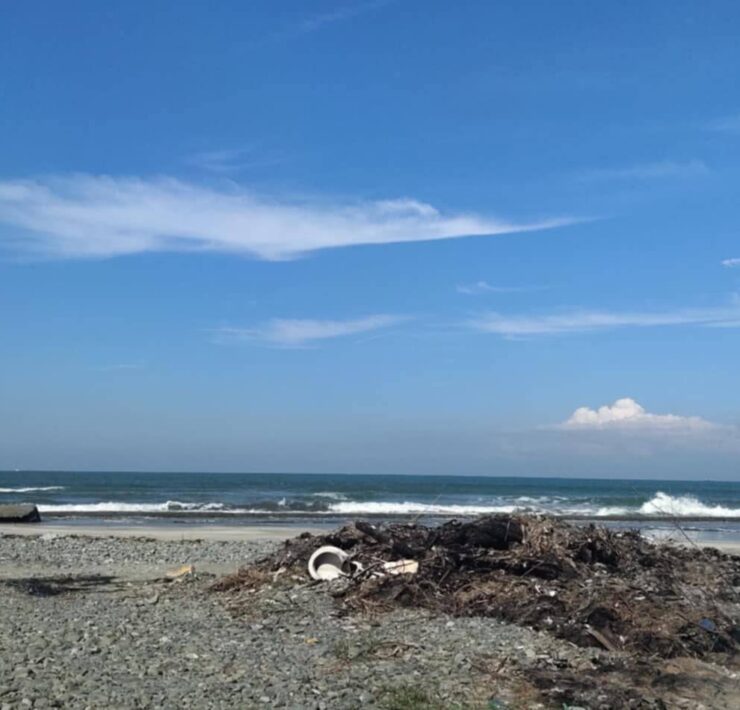Politics in the grip of families—and vice versa
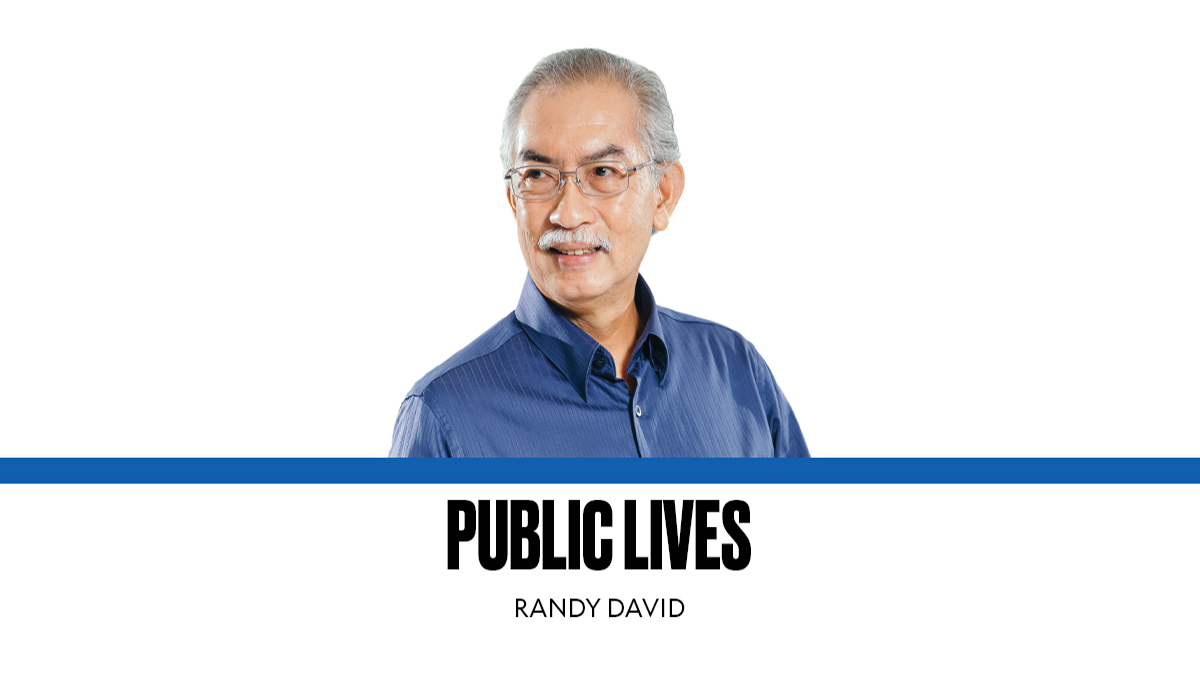
When one or two families dominate politics, it is not only democracy that weakens. Family life itself begins to fray. We are seeing this today in the very public and increasingly ugly conflict between President Marcos Jr.’s family and his elder sister, Sen. Imee Marcos.
At last week’s Iglesia ni Cristo prayer rally in Luneta, the senator—now an avid supporter of Vice President Sara Duterte—railed against her own brother. She repeated the claim that he is addicted to drugs, effectively telling the crowd that he should not continue as president if he could not overcome this alleged dependency.
This spectacle is not entirely new. We saw something similar, though less dramatic, in the quarrels among the children of former Vice President Jejomar Binay, who have taken turns as Makati mayor. One wonders how many other political clans around the country experience the same painful fractures because they have allowed political disputes to seep into the family table.
In a radio interview, Sen. Marcos joked that their family lunches have grown leaner as relatives avoid attending to escape uncomfortable conversations. The joke says something serious: when family gatherings turn into political battlegrounds, the risk of lasting personal rifts grows. What political parties and conventions are supposed to settle in mature democracies is instead fought out among parents, children, and, in-laws.
What is damaged, in the end, is not only politics but the very idea of the family as a safe space. Families are meant to be havens—places where one can share fears, struggles, and dreams without judgment. But families trapped in politics become extensions of political warfare. Marriages suffer, siblings drift apart, and what should be private wounds become public spectacles.
This problem is not confined to political dynasties. It also plagues business empires that are enmeshed in politics, such as the Villars. Their case raises a recurring question: are they politicians who happen to be in business, or business tycoons who happen to be in politics? In the long run, no family can hope to play both roles well. The deeper issue, as always, is the failure to keep key social spheres properly differentiated.
At a University of the Philippines forum on corruption the other day, I argued that corruption often springs from this failure to distinguish one domain from another—public from private, government from business, politics from family, religion from politics. Sociology students in the audience immediately recognized the framework. It draws from the work of the German sociologist Niklas Luhmann.
Across more than 40 books, Luhmann described modern society as one in which major institutions—law, politics, religion, science, the economy, and others—develop clear boundaries and operate according to their own rules. His theory suggests that whenever these boundaries blur, dysfunction and conflict follow. In the Philippine context, we have seen how the intertwining of family loyalty and political allegiance creates an environment where decisions are no longer based solely on the public good, but are instead filtered through personal grievances and rivalries.
But in modern societies, Luhmann wrote, each domain fiercely protects its autonomy. When a system cannot preserve its boundaries, it loses authority and becomes entangled in conflicts that are not its own. It can no longer perform its proper function. Real life, of course, is messier than theory. Institutions, in practice, constantly negotiate their limits.
Perhaps no one expressed this tension more clearly than another German thinker, Pope Benedict XVI. In his encyclical Deus Caritas Est, he wrote:
“The Church cannot and must not take upon herself the political battle to bring about the most just society possible. She cannot and must not replace the State. Yet at the same time she cannot and must not remain on the sidelines in the fight for justice. She has to play her part through rational argument…”
It is a delicate line to walk, and I see this challenge in the statements of the Catholic Bishops’ Conference of the Philippines, now led by my brother, Cardinal Pablo Virgilio “Ambo” David. He must remind the faithful that justice is central to the Church’s mission—hence its presence in protests against brazen corruption—while also making clear that the Church does not seek political power. Balancing moral witness with institutional restraint is never easy.
But unless we learn to honor these boundaries—between family and politics, faith and power, public duty and private interest—we will continue to see corruption flourish, institutions weaken, and even the closest relationships torn apart by battles they were never meant to fight.
public.lives@gmail.com




